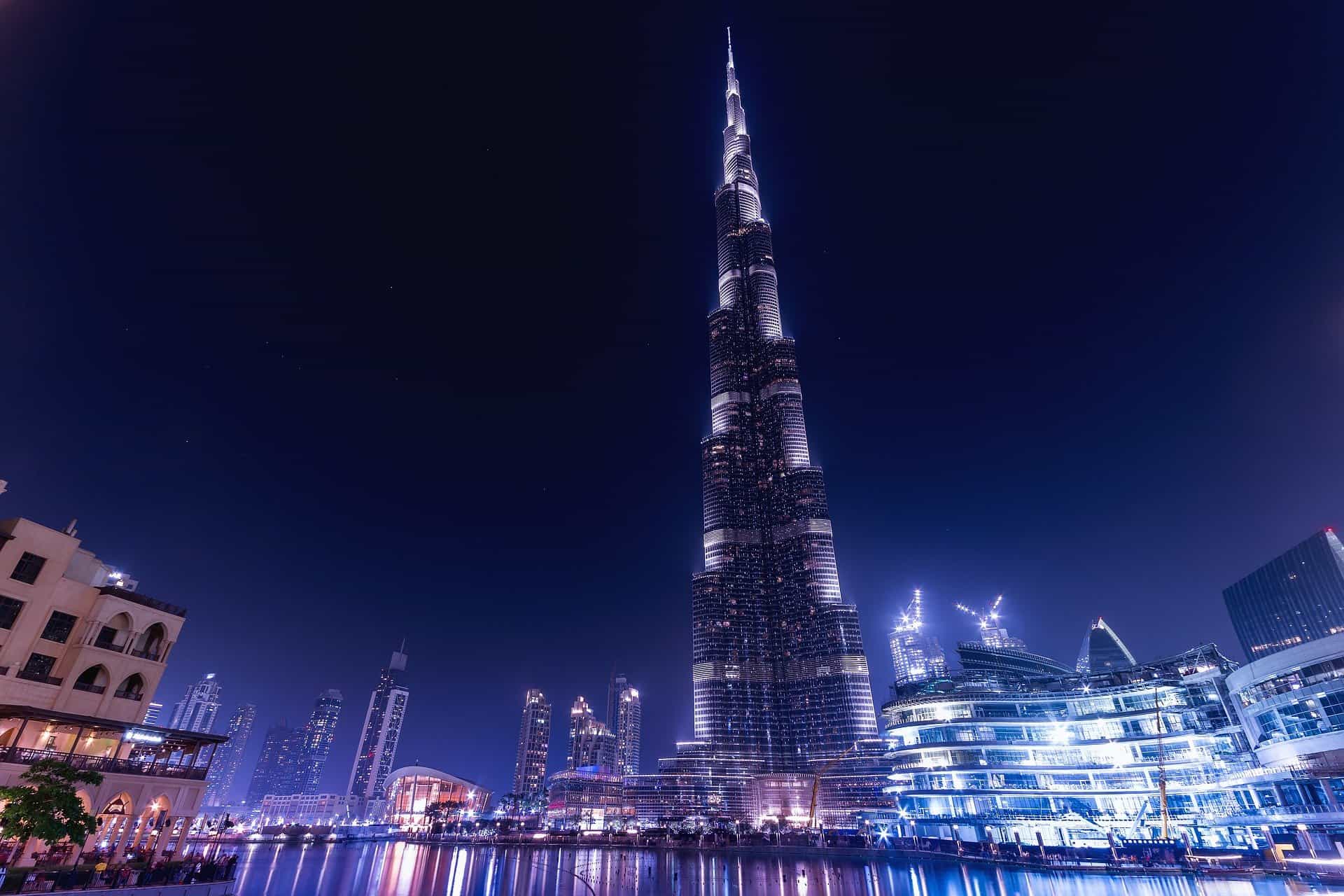Nearly 40 percent of global energy consumption and equivalent GHG emissions are attributed to hospitality buildings.
However, hospitality carries the least scope for cutbacks among real-estate verticals due to its amenity-rich nature.
So, the industry needs solutions that can optimize energy usage and performance without compromising guest experiences.

Sanjeevv Bhatia, the founder and CEO of the SB Group, a worldwide construction consultancy firm and material supplier, told TRENDS that the industry can no longer ignore the World Green Building Council’s call to action to achieve net-zero energy for all buildings by 2050.
Smart property solutions
Without breaking the bank, hotels have been making advances towards being more environmentally friendly.
More LED lighting with sensors, for example, can help keep prices down while decreasing energy waste.
Hotels, according to Bhatia, have 40-50 vendors across their entire system portfolio, which includes fire alarms, surveillance, BMS, HVAC, lighting, and so on.
Vendor-specific lock-ins and protocols characterize each system, leaving much to be desired in terms of flexibility.
Bhatia added that progressive hoteliers in the region are already making the required modifications and grabbing the opportunity in a highly regulated and competitive industry like hospitality.
“Industry stakeholders, for example, are interested in integrating multi-vendor systems and optimizing energy-intensive systems like iICCC, which is a unified platform for connecting, monitoring, and managing all hotel systems, and the iIBMS platform Netix Konnect, which can seamlessly integrate with GRMS and unlock a slew of benefits for hoteliers and better experiences for guests,” he explained.
“The focus of these solutions is on long-term sustainability. As a result, there was a lot of interest in them from developers, facility managers, consultants, and fit-out companies from all around the industry,” Bhatia added.
Hoteliers can also leverage the insights to optimize energy-intensive systems and operations.
For example, increased application of IoT and AI will automatically enable adjustments like changing air conditioning settings or dimming the lights, thereby saving energy.
Old infrastructure
Old buildings, according to Bhatia, are riddled with vendor-locked and legacy systems that are inflexible and thus difficult to optimize.
In addition, because of the high expenses, hoteliers are unable to consider changing the hardware, and systems are typically in various phases of technological progress.
As a result, for older hotels, sustainability has typically been a difficult ask. However, with the introduction of smart renovations, which provide a plug-and-play solution for achieving high efficiencies and optimized energy usage, this is poised to change.
“By harnessing retrofit solutions, hoteliers can bring their portfolios up to speed with state-of-the-art ‘smart’ hotels. In addition, old hotels can also deliver adaptive comfort and on-demand services to guests while raking in sizable savings,” said Bhatia.
“From a broader perspective, we can greatly improve the digital parity between old and new hotels, boosting the industry’s overall competitiveness. As a result, there is the possibility for a Brownfield revolution in the Middle East, particularly in service economies like the UAE,” he said.
Bhatia also pointed out that Netix’s retrofit solution, for example enabled ODS Global to avoid replacing the entire system and help Mazaya Holding save 75 percent of costs.
He concluded that, in some ways, the technology-driven sustainability revolution has already begun in the region, and its results should be evident soon.







